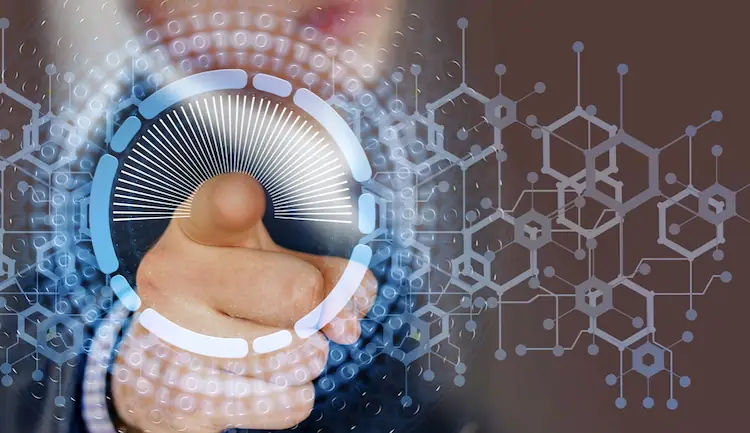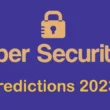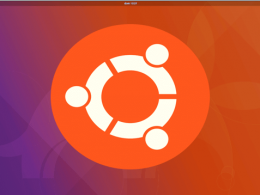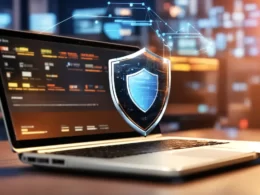Computer security on the Internet, viruses, and other threats
Today, utilizing a computer entails connecting to the Internet, the biggest worldwide network. You must be aware of all the risks present on that network and take the necessary precautions to stop unwanted access to your private information. There are several ways to infect your computer, including attaching any external memory to it and web browsing. If the machine lacks sufficient security software protection, it will become infected immediately. You may encounter a variety of computer risks, mostly different virus varieties. You should be knowledgeable about all potential hazards as well as how to use security software to defend yourself.
There are always bad people in the world’s society, and this is also true of the Internet, a sort of society that consists of a collection of electronically connected things, as well as of the people who frequently use it for work and other purposes. The motivations for criminal activity by people or groups can vary, depending on whether the intentions are economic or spy-related—that is, whether the ultimate objective is to generate money or not. A system (such as a financial system, military intelligence agency, government agency, or company) or a specific person may be the target of the assault.
Malware is a slang term for “malignant” or “malicious” software, and they are the biggest threats to cybersecurity. In addition to traditional computer viruses, it also encompasses all other kinds of bad software, such as trojans (trojan horses), computer worms (worms), rootkits (rootkits), backdoors (backdoor), different kinds of spyware, adware, dialers, crimeware, and other unwanted programs. No matter which software you use, iOS or Windows, attacks are evolving every day, and big tech companies are rolling out updates for protection all the time.
The aforementioned factors led to the development of viruses, which are simply harmful programs that someone designed to be introduced into your computer and acquire the needed data. Malicious programs employ thirty various techniques to connect directly to your computer through the Internet, which is the simplest way to do it. It may be an email with an infected attachment (a file or bundle of files appended to the email) or a link that launches a malicious program. If you don’t have enough protection, you might not even be aware that the program has been running in the background.
In computer lingo, dangerous programs that pose as helpful or are “connected” to other beneficial applications are referred to as Trojans or Trojan horses. Trojans typically carry out undesirable tasks on the computer silently and in the background. The most frequent of these undesirable behaviors is the revealing of bank account information, user passwords, and other private data.
Computer worms are self-replicating computer programs. They achieve this by copying themselves to other computers via computer networks, frequently without human interaction. They do not need to infect other applications, unlike viruses. They can also be emailed as a file, as was already explained. Worms complicate network operations, harm data, and compromise computer security.
The use of antivirus software is essential for online safety
A computer application or software called an antivirus serves the purpose of protecting a computer by locating and eradicating viruses and other types of malware. The antivirus application may identify the infection using a variety of techniques, depending on the software.
The antivirus program’s internal mechanisms allow the content of a file to be compared with the proper viral signature (scanning) if the virus is present in the antivirus program’s library of known viruses. Save your Internet security, use antivirus software, and amplify it as much as you can.
The antivirus program’s ability to find information on the specified pathogen is what determines this search’s efficiency in the first place. The scan will either halt the execution of the specified application or remove the portion of the file that is contaminated if it discovers code that matches the signature of one of the viruses. The greatest method of preventing viruses is to routinely update the antivirus library with details on new viruses that may be downloaded from the Internet and then transferred to the proper directory. This is because new viruses are discovered every day. As we’ve already stated, this process is known as an update, and it begins by selecting the “update” option in the antivirus program’s window.
Regularly check your email
Controlling your email will improve your online security. Email is a common way for viruses and other harmful materials to reach you. Do not open an email if you do not know who sent it, the topic is unclear, or it appears to be spam (unsolicited advertising) since it can contain a virus that might damage your computer. The same rule applies to emails that have attachments; if you are unsure of what is within or who sent it, it is preferable to delete the email. The destruction of such emails right away is the only course of action that can stop undesirable outcomes. Any method of answering such an email will only exacerbate the matter.
Sharing sensitive information online with caution to keep yourself secure
The Internet is persistent. You’ll go to tremendous efforts to delete the material after it is on the Internet, thus it probably won’t be removed. You should bear in mind that the information you submitted in the past is probably still available since our thoughts have changed as we’ve aged. What was previously really fascinating to you, you might desire to conceal. Choosing carefully what you publish online, whether it’s private information or images of yourself, is the suggestion.
Keep your data secure and always think twice before sharing your data, even on social media. The goal of the Internet is to simplify our lives in as many ways as it can. We can accomplish an increasing number of tasks online (paying bills, submitting reports, seeking employment, contacting clients and acquaintances), which not insignificantly saves us time and resources. However, just as you wouldn’t allow anybody to see your code when taking money from an ATM, you shouldn’t broadcast your personal information (identification card number, bank account number, etc.) publicly but only on sites you are confident are trustworthy.
Commit yourself to do so. Everything is a product of the internet, even the servers, and software, which for many people represent the longest “patrol time.” When we are on one of such sites, we may see people with whom we share information and who are not afraid to share it with us. When you are engaged in any activity, it is important to understand that the most important thing you should do is to provide others with the information they need to know about you, and to do this, you must know what that information is.
Internet security is very important. Watch what you do, use antivirus software, and stay safe. Use the above tips and watch your every step.











